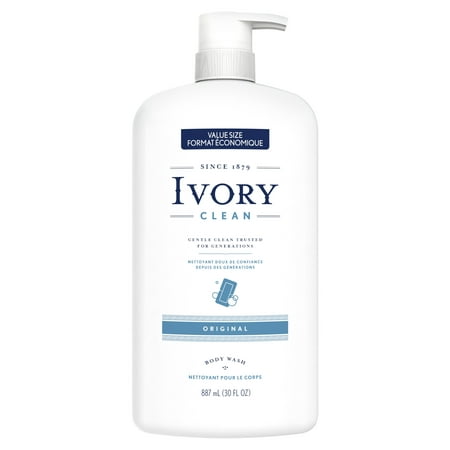(2 pack) Ivory Clean Original Body Wash 30 oz
Ivory Clean Body Wash leaves skin smooth and hydrated (vs. ordinary soap) and is freed from dyes and heavy perfumes. Ivory reflects over 130 years of enjoy creating mild merchandise the whole family can believe.









Reviews
There are no reviews yet.